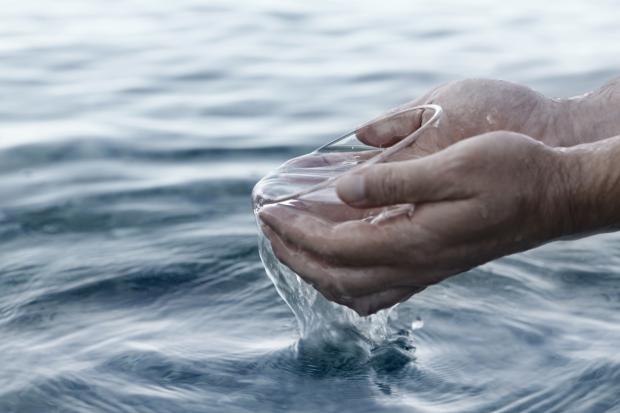
Breaking News
 EXCLUSIVE: "The HUGE Elephant In The Room Is Actually What Jeffrey Epstein Was Best At..."
EXCLUSIVE: "The HUGE Elephant In The Room Is Actually What Jeffrey Epstein Was Best At..."
 EXCLUSIVE INTERVIEW: Republican Candidate For Texas Governor "Doc" Pete Chambers Joins...
EXCLUSIVE INTERVIEW: Republican Candidate For Texas Governor "Doc" Pete Chambers Joins...
 Epstein Files Trigger Political Fallout Across Europe
Epstein Files Trigger Political Fallout Across Europe
 Conjoined twin 'influencers' who have gained more than 280,000 followers with their intimate
Conjoined twin 'influencers' who have gained more than 280,000 followers with their intimate
Top Tech News
 How underwater 3D printing could soon transform maritime construction
How underwater 3D printing could soon transform maritime construction
 Smart soldering iron packs a camera to show you what you're doing
Smart soldering iron packs a camera to show you what you're doing
 Look, no hands: Flying umbrella follows user through the rain
Look, no hands: Flying umbrella follows user through the rain
 Critical Linux Warning: 800,000 Devices Are EXPOSED
Critical Linux Warning: 800,000 Devices Are EXPOSED
 'Brave New World': IVF Company's Eugenics Tool Lets Couples Pick 'Best' Baby, Di
'Brave New World': IVF Company's Eugenics Tool Lets Couples Pick 'Best' Baby, Di
 The smartphone just fired a warning shot at the camera industry.
The smartphone just fired a warning shot at the camera industry.
 A revolutionary breakthrough in dental science is changing how we fight tooth decay
A revolutionary breakthrough in dental science is changing how we fight tooth decay
 Docan Energy "Panda": 32kWh for $2,530!
Docan Energy "Panda": 32kWh for $2,530!
 Rugged phone with multi-day battery life doubles as a 1080p projector
Rugged phone with multi-day battery life doubles as a 1080p projector
 4 Sisters Invent Electric Tractor with Mom and Dad and it's Selling in 5 Countries
4 Sisters Invent Electric Tractor with Mom and Dad and it's Selling in 5 Countries
Water shortage solved? Newly created membrane removes 99.9% of salt from seawater...

Scientists have created a new technology they say can remove nearly all of the salt from seawater, potentially solving one of the world's largest health problems.
Researchers from the Korea Institute of Civil Engineering and Building Technology (KICT) created a new membrane, known as coaxial electrospun nanofiber membrane.
The membrane not only removes 99.9 percent of salt from seawater, but it lasts up to a month, whereas previously solutions only lasted for about 50 hours before they need to be replaced.
The membrane was able to operate without wetting and fouling issues due to its low sliding angle, as well as its thermal conductivity properties.
However, it does have drawbacks, notably temperature polarization and a decrease in water vapor flux because of how it conducts heat.
The World Health Organization suggests good quality drinking water should have a total dissolved solid (TDS) of less than 600 parts per million (ppm).
Although previous technologies operated for less than 50 hours, they did have a high water vapor flux performance.
'The co-axial electrospun nanofiber membrane have strong potential for the treatment of seawater solutions without suffering from wetting issues and may be the appropriate membrane for pilot-scale and real-scale membrane distillation applications,' the study's lead author, Dr Yunchul Woo, said in a statement.
The potential solution is enormous, given that roughly 785 million people do not have access to clean drinking water, according to 2019 data from the World Health Organization.



